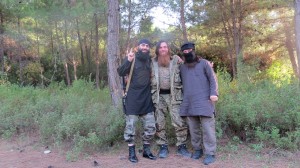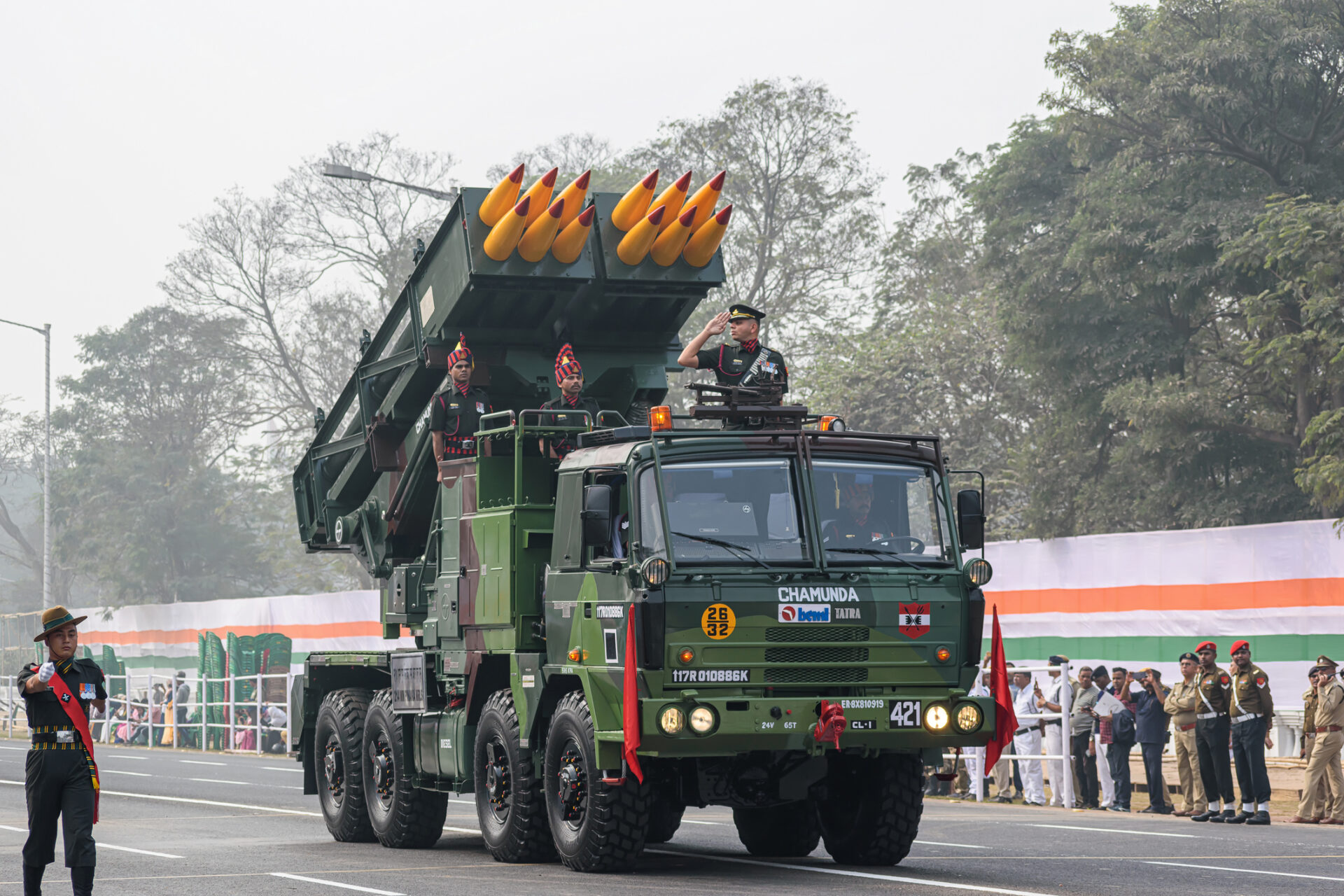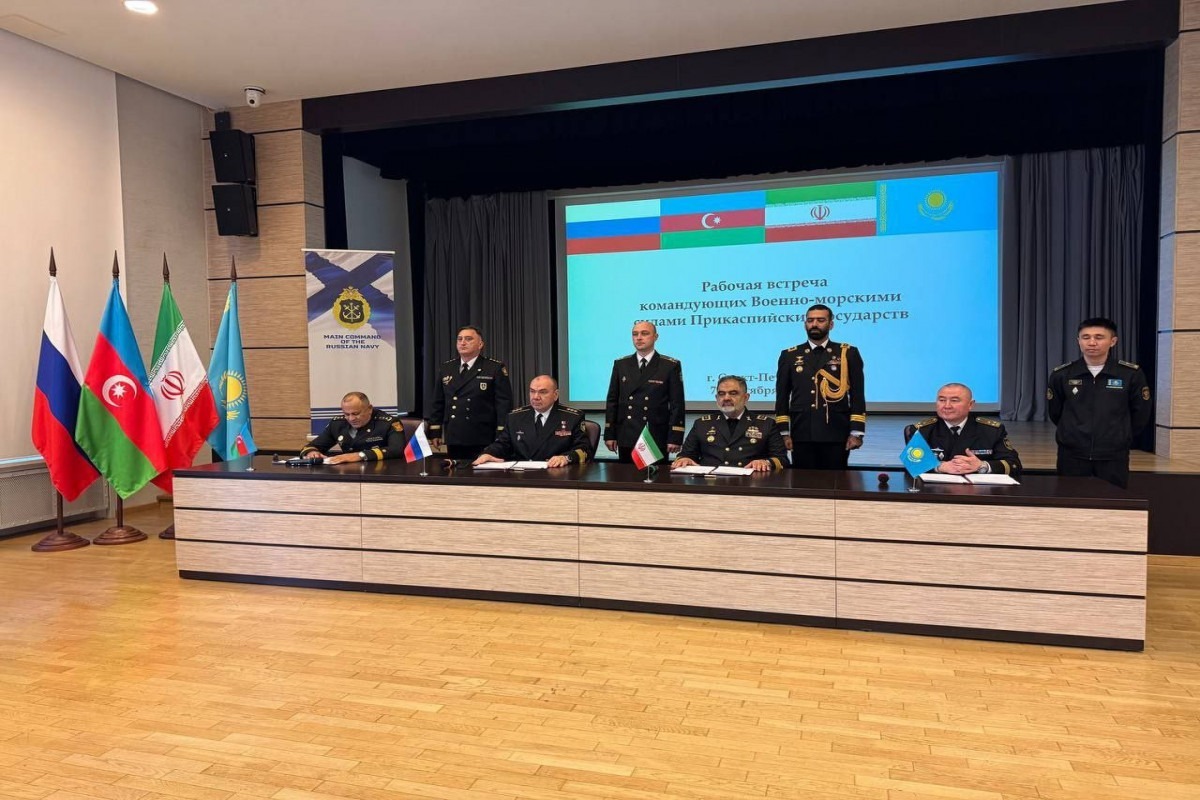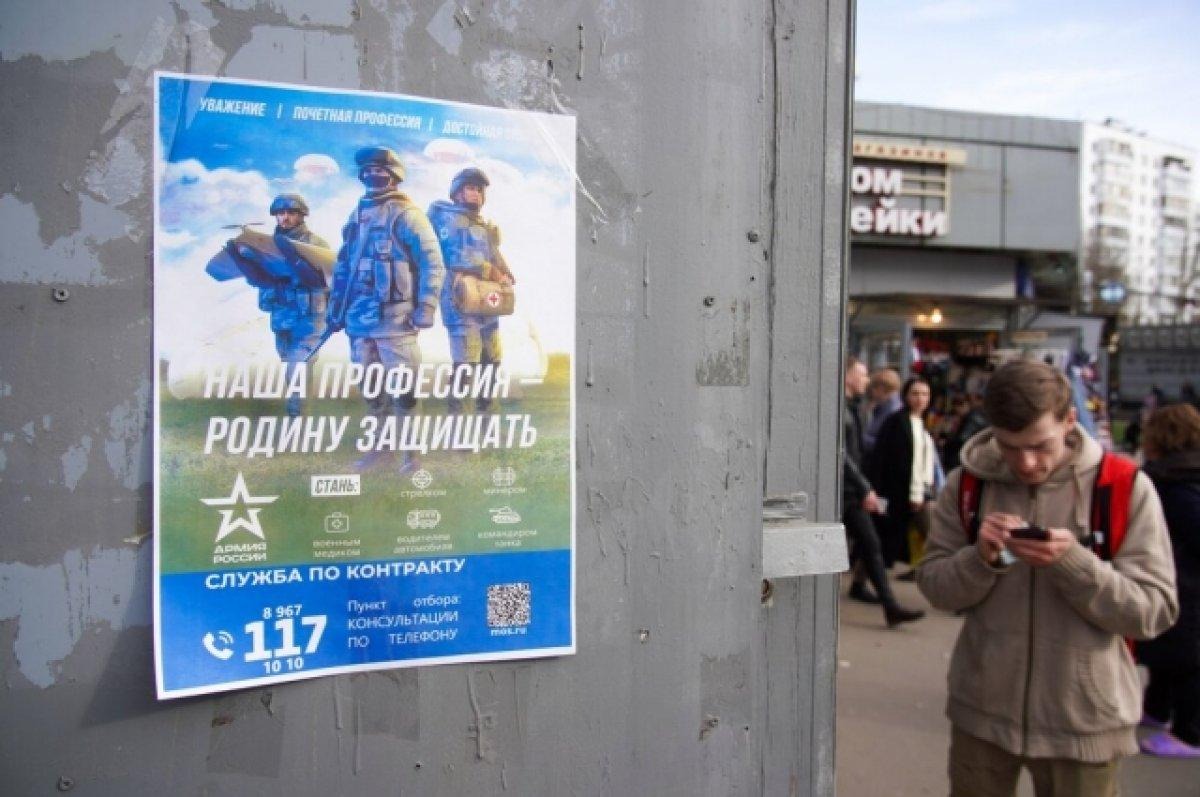
Chechens Among the Syrian Rebels: Small in Number, but Influential
Chechens Among the Syrian Rebels: Small in Number, but Influential
The situation of Syria’s Chechen community is changing rapidly. Three commanders—Emir Muslim (Muslim Margoshvili), Emir Seifullah (Ruslan Machaliashvili) and Emir Abu-Musaaba (Musa)—joined forces on October 31 (https://usudusham.com/ru/2013/11/1004/#more-1004), resulting in the establishment of a new group under the command of Emir Muslim, who had previously led the Jundu Sham group. According to the organizers of the new group, it has “several thousand members,” but it is difficult to verify the true number of militants. Plausibly, the charismatic Emir Muslim may have swayed some of the men who were under the command of Emir Umar Shishani to his side. Emir Muslim attracted militants who had fought in Chechnya and Dagestan. Therefore, these fighters are older and have experience fighting an army with superior technical capabilities. An important consideration for the militants joining his group was that they did not only put trust in the personality of Emir Muslim, but also in his ability to establish contacts with Middle Eastern donors. Emir Muslim has kept these contacts since the time of Ibn al-Khattab and Abu Khavs (https://www.youtube.com/watch?v=uZ5R42RcT8Q).
Arabs are gradually replacing the Chechens who are leaving Umar Shishani’s group. Over time, Shishani will find it hard to hold onto his leadership position, since it is hard for a non-Arab to lead Arabs in an Arab country. Young Chechens from Europe have tended to join Umar Shishani’s group. Now, in December 2013, the force under the command of Emir Muslim numbers 1,500, compared with a force of 600 under the command of Umar Shishani (https://kavkazcenter.com/russ/content/2013/11/21/101816.shtml). Both groups include Chechens, as well as other North Caucasians. Apart from North Caucasians, these groups also have substantial numbers of Arabs, both locals and volunteers from other countries.
In addition to these two large groups, there are also other smaller autonomous groups of militants. Another Chechen emir, Abu Musa, went to Syria in 2012. Emir Abu Musa may have up to 300 men under his command.
Also active in Syria is the jamaat Caliphate group, under the command of Emir Abdulkhakim (www.khilafa.org), which has approximately 100 militants (https://www.youtube.com/watch?v=eE1QPmZU5xs). According to eyewitnesses, there are also other Chechen commanders and groups fighting in various parts of Syria, but they are far less influential, than the group, linked to Emir Muslim and Umar Shishani.
Chechens in Syria have divergent attitudes toward the leader of the insurgency in Russia, Doku Umarov. Umar Shishani sees himself as having taken an oath of allegiance to the leader of the Caucasus Emirate, while Emir Muslim believes that Chechens in Syria should have no obligations to the Chechen leader in the North Caucasus. They also differ over recognition of Abu Bakr al-Baghdadi as the leader of the Islamic State of Iraq and the Levant (https://fisyria.com/?p=1586). Emir Muslim refused to recognize the authority of Abu Bakr al-Baghdadi, but Emir Umar took an oath of allegiance to him and became a military emir in the structures of the Islamic State of Iraq and the Levant. After that, Emir Salaudin, who previously was Doku Umarov’s representative in Syria, became the leader of the Caucasus volunteers (www.youtube.com/watch?v=hoZDxCw5bvk&list=PL24221F2798D6EF9B&index=26).
The strengthening of the Chechen group in Syria worries officials in Chechnya. The buildup of Chechen militant forces in Syria is taking place as young people from Chechnya flee to Syria. It should be noted that the trend of young Chechens leaving for Syria became apparent this past fall (https://www.rosbalt.ru/federal/2013/11/26/1203984.html). The number of Chechens leaving Chechnya for Syria is not as substantial as the influx of Chechens from Europe. Probably several dozen people, up to a hundred at most, traveled to Syria from Chechnya. There are also cases of females joining a jihad in Syria (https://lifenews.ru/#!news/123468). The Turkish security services say they have deported 1,100 Europeans from the country so far this year and are preparing another 1,500 people from European countries for deportation (https://www.mignews.com/mobile/article.html?id=021213_140130_01930).
While the number of Chechens who went to Syria from Chechnya has been relatively small, it forced the head of Chechnya, Ramzan Kadyrov, to deliver a passionate address arguing for preventive activities against the Chechens in Syria. Kadyrov stated that Chechnya was bracing for the possible future arrival of militants from Syria in Russia. “Thousands of militants are in Syria who pose a grave danger to our country, according to the Russian security services,” he warned. (https://chechnyatoday.com/content/view/276359). To thwart that danger, Kadyrov is prepared to send forces to neutralize Chechen militant leaders who threaten Russia (https://www.baltpp.ru/a/2013/12/05/V_CHechne_gotovjat_otrjad_dlja/).
Kadyrov further stated that the “danger from the Syrian militants has never been a secret. Even a blind person cannot fail to notice it. Ordinary people discuss it. High-ranking officials openly talk about it. We know how many human casualties stem from the inability [of the government] to strike terrorists and Wahhabis preventively. That is why the law enforcement agencies and the leadership of the republic are undertaking a range of preventive measures” (https://chechnya.gov.ru/page.php?r=126&id=14355). Thus, Kadyrov is fairly open about his policies being permitted by Moscow. It can be deduced from this statement that people have been dispatched to Syria to gather information about the Chechens and other North Caucasians there in order to kill the volunteers upon their return to the North Caucasus.
As often happens in contemporary Russia, Kadyrov blames the United States for all of Syria’s troubles (https://instagram.com/p/hoCXhviRhi/). Accordingly, in his opinion, those fighting in Syria are the minions of US policy in the region.
Even though Chechens comprise a significantly smaller military force in Syria than the al-Nusra Front, the Syrian Liberation Army, Jeish Islam or others, the Chechen groups are nonetheless among the top ten strongest military groups of the Syrian opposition and, therefore, have substantial influence among them. As the conflict in Syria deepens, the role and influence of the Chechens is likely to increase further.


